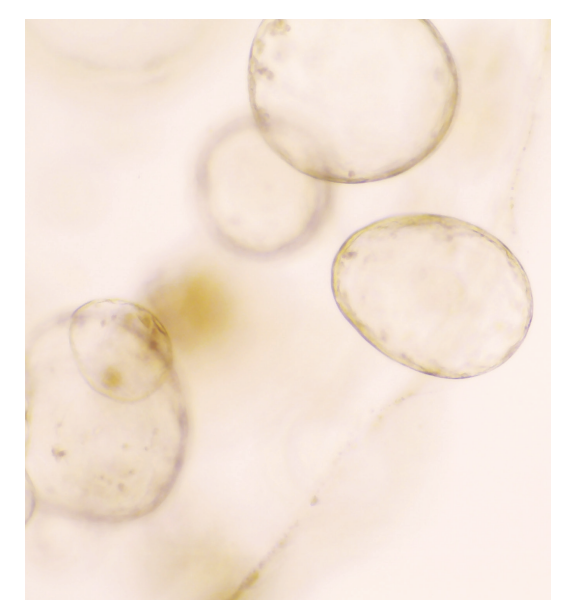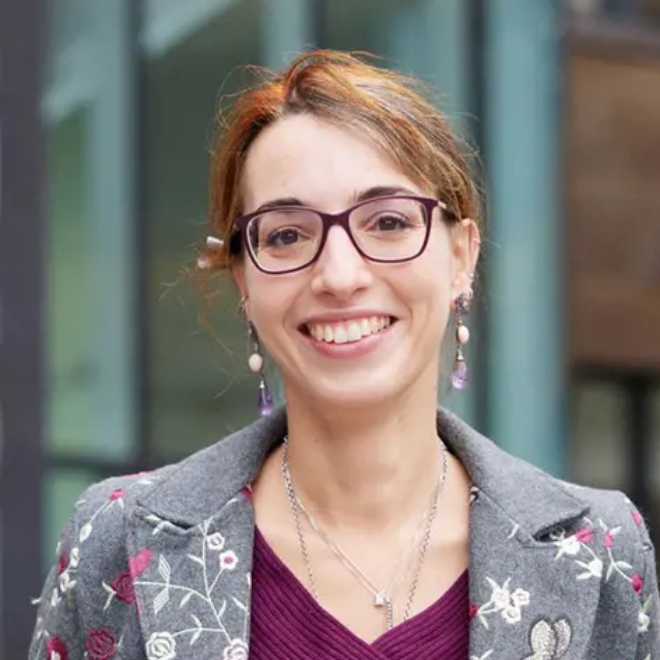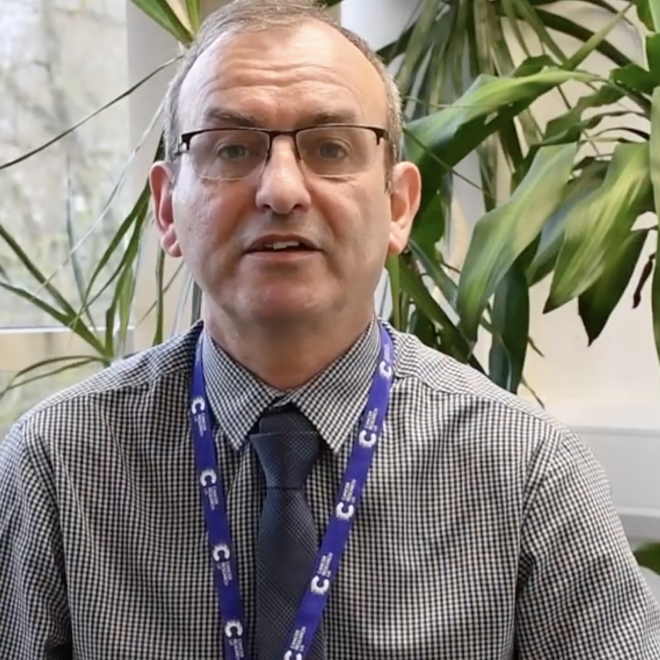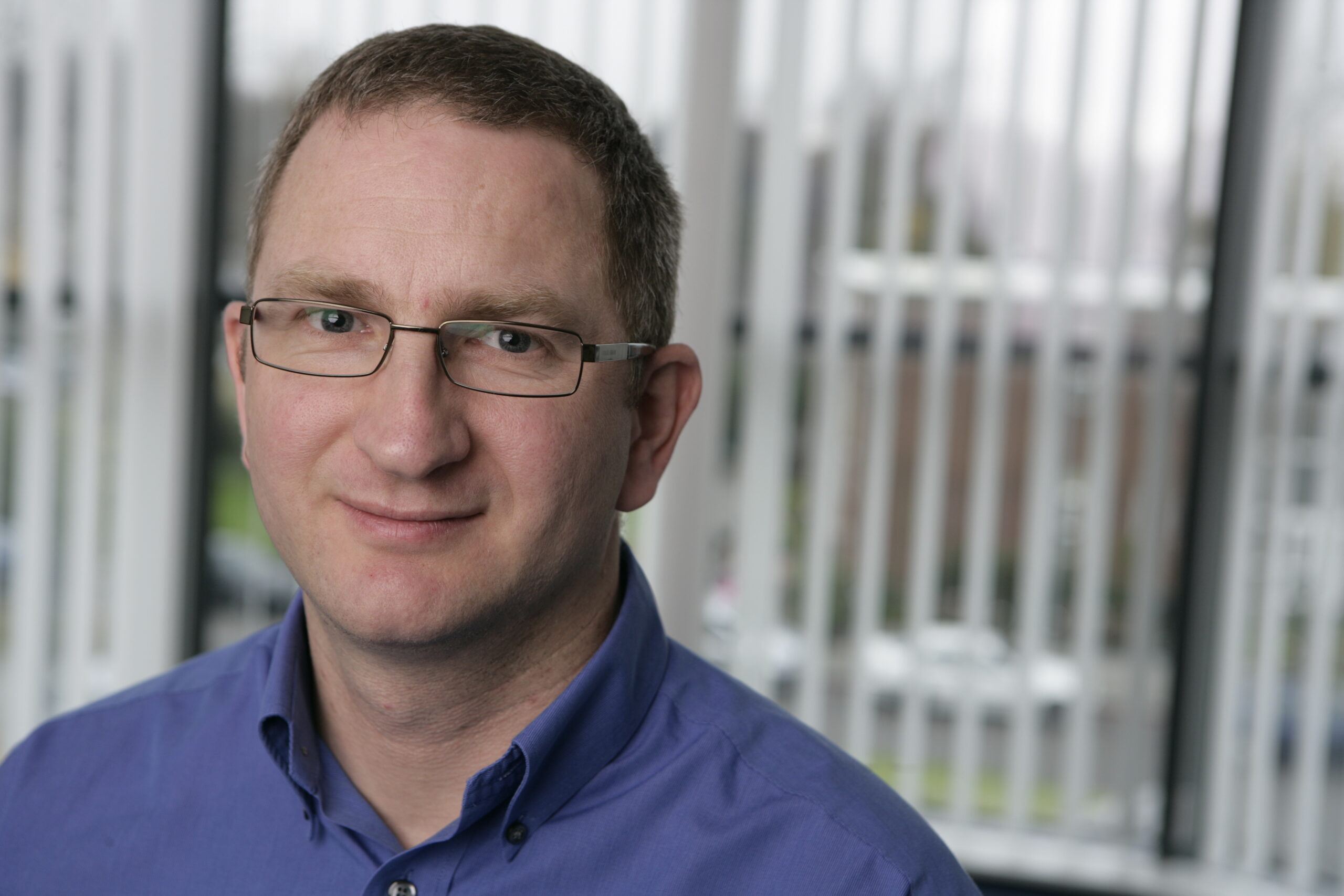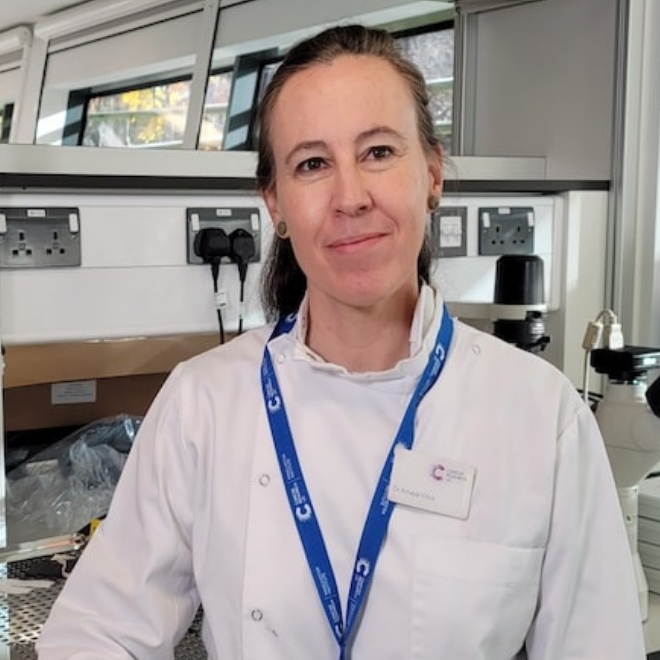Santiago Zelenay
Cancer Inflammation and Immunity Group Leader
Santiago is a Senior Group Leader at the CRUK Manchester Institute where he heads the Cancer Inflammation and Immunity group. His lab focuses on understanding the underlying mechanisms that mediate cancer-inhibitory versus tumour-promoting inflammation in order to design new therapies for cancer patients.
About Dr Santiago Zelenay
Dr Santiago Zelenay obtained his undergraduate degree in biology from the University of Buenos Aires in 2002. As a student, he worked on DNA vaccines in the laboratory of Juan Fló. He then undertook his PhD in Immunology at the Institute Gulbenkian of Science in Portugal where he studied regulatory T cells, working with Jocelyne Demengeot and Antonio Coutinho. In 2008, he joined the group of Caetano Reis e Sousa at the CRUK London Research Institute which later became The Francis Crick Institute. Here, he was awarded Marie Curie and EMBO long-term postdoctoral fellowships to investigate innate immune receptors and signalling pathways that trigger dendritic cell activation and drive T cell responses against viruses or tumours.
In 2015, Santiago joined the CRUK Manchester Institute as a Junior Group Leader to form the Cancer Inflammation and Immunity group and in 2022 he was promoted to Senior Group Leader. His group investigates the principles and rules that control the establishment of tumour inflammatory environments that either promote or restrain the anti-tumour function of the immune system.
Santiago leads the Cancer Immunology Branch of the Lydia Becker Institute of Immunology and Inflammation and the Immunology theme of the CRUK Lung Cancer Centre of Excellence.
In 2017, he was awarded the CRUK Future Leaders in Cancer Research Prize and in 2019, along with co-authors of Zelenay et al. Cell 2015, he received the inaugural BIAL Award in Biomedicine.
Qualifications
- PhD in Immunology | 2007 | Gulbenkian Institute of Science
- Degree in Biology | 2002 | University of Buenos Aires
Interests
- Key words: Cancer Inflammation, Immunobiology, Immunotherapy.
- What triggers and sustains the immune response against cancer?
- What are the predominant mechanisms by which tumour cells manipulate their environment and subvert cancer immunity?
- Can we make an unresponsive tumour respond to immunotherapy through pharmacological intervention?
Research Projects
Publications
- Secreted gelsolin inhibits DNGR-1-dependent cross-presentation and cancer immunity
- Cyclooxygenase-Dependent Tumor Growth through Evasion of Immunity
- NK Cells Stimulate Recruitment of cDC1 into the Tumor Microenvironment Promoting Cancer Immune Control
- Antagonistic Inflammatory Phenotypes Dictate Tumor Fate and Response to Immune Checkpoint Blockade
- Anti-Inflammatory Drugs Remodel the Tumor Immune Environment to Enhance Immune Checkpoint Blockade Efficacy
Why I work at CRUK MI
“CRUK MI is an ideal place to carry out our research which, anchored in basic science, spans the translational interphase to the clinic. We leverage the research ecosystem of Manchester with close collaborations with the CRUK National Biomarker Centre, immunologists from the Lydia Becker Institute and medical oncologists from The Christie NHS Foundation Trust.”
Visit research group
Immunotherapies based on antibodies that target T cell-immune checkpoints have transformed the landscape of cancer treatment across multiple tumour types. These immune checkpoint blockade (ICB) therapies can promote long-lasting responses in both patients with late-stage cancers or in (neo)adjuvant settings. However, most patients derive only transient or no benefit, and many face harmful side effects. Accurate, readily implemented biomarkers that predict response outcome and survival are lacking. Solutions to these clinical problems require improved fundamental understanding of the principles that govern anti-cancer immune responses.
The Cancer Inflammation and Immunity group investigates the signals and pathways that dictate the establishment of tumour inflammatory environments that promote or restrain the anti-tumour function of the immune system. Our research, anchored in basic science, has evolved to span the translational interface to the clinic, leveraging the research ecosystem of Manchester and strong links with clinical colleagues at The Christie NHS Foundation Trust and the CRUK National Biomarker Centre.
By combining fundamental and translational research, we are building upon these findings to: a) deepen our understanding of the mechanisms that regulate the establishment and maintenance of tumour inflammatory environments that either stimulate or hinder immune-mediated tumour control; b) develop approaches to better predict patient outcome and guide treatment selection; and c) identify translatable therapeutic strategies to manipulate intratumoural inflammation and improve the efficacy of immunotherapy and other cancer treatment modalities that rely on the tumour-restraining function of the immune system. Our ultimate goal is to develop effective targeted interventions to disrupt immune suppression, boost tumour immunity and improve cancer treatment responses.
Get in touch
All Institute Publications
https://doi.org/10.1016/j.ccell.2025.04.001
Stromal lipid species dictate melanoma metastasis and tropism
24 April 2025
Institute Authors (5)
Amaya Viros, Duncan Smith, Garry Ashton, Alex Baker, Tim Somervaille
Labs & Facilities
Biological Mass Spectrometry, Histology, Visualisation, Irradiation and Analysis
Research Group
Skin Cancer & Ageing
24 April 2025
https://doi.org/10.1038/s41467-025-58343-y
A human model to deconvolve genotype-phenotype causations in lung squamous cell carcinoma
4 April 2025
Institute Authors (4)
Carlos Lopez-Garcia, Robert Sellers, Sudhakar Sahoo, Caroline Dive
Labs & Facilities
Computational Biology Support
Research Group
Translational Lung Cancer Biology
4 April 2025
https://doi.org/10.1186/s12943-024-02157-x
The PI3K-AKT-mTOR axis persists as a therapeutic dependency in KRASG12D-driven non-small cell lung cancer
12 November 2024
Institute Authors (1)
Amaya Viros
Labs & Facilities
Genome Editing and Mouse Models
Research Group
Skin Cancer & Ageing
12 November 2024
https://doi.org/10.1186/s13045-024-01610-0
The small inhibitor WM-1119 effectively targets KAT6A-rearranged AML, but not KMT2A-rearranged AML, despite shared KAT6 genetic dependency
8 October 2024
Institute Authors (6)
Georges Lacaud, Mathew Sheridan, Michael Lie-a-ling, Liam Clayfield, Jessica Whittle, Jingru Xu
Research Group
Stem Cell Biology
8 October 2024
/wp-content/uploads/2024/11/Annual-Report-2023.pdf
2023 Annual Report
13 September 2024
13 September 2024
https://doi.org/10.1126/science.adh7954
Vitamin D regulates microbiome-dependent cancer immunity
25 April 2024
Institute Authors (3)
Evangelos Giampazolias, Maria Koufaki, Santiago Zelenay
Research Group
Cancer Immunosurveillance
25 April 2024
Our vision for world leading cancer research in the heart of Manchester
We are a leading cancer research institute within The University of Manchester, spanning the whole spectrum of cancer research – from investigating the molecular and cellular basis of cancer, to translational research and the development of therapeutics.
Our collaborations
Bringing together internationally renowned scientists and clinicians
Scientific Advisory Board
Supported by an international Scientific Advisory Board
Careers that have a lasting impact on cancer research and patient care
We are always on the lookout for talented and motivated people to join us. Whether your background is in biological or chemical sciences, mathematics or finance, computer science or logistics, use the links below to see roles across the Institute in our core facilities, operations teams, research groups, and studentships within our exceptional graduate programme.



